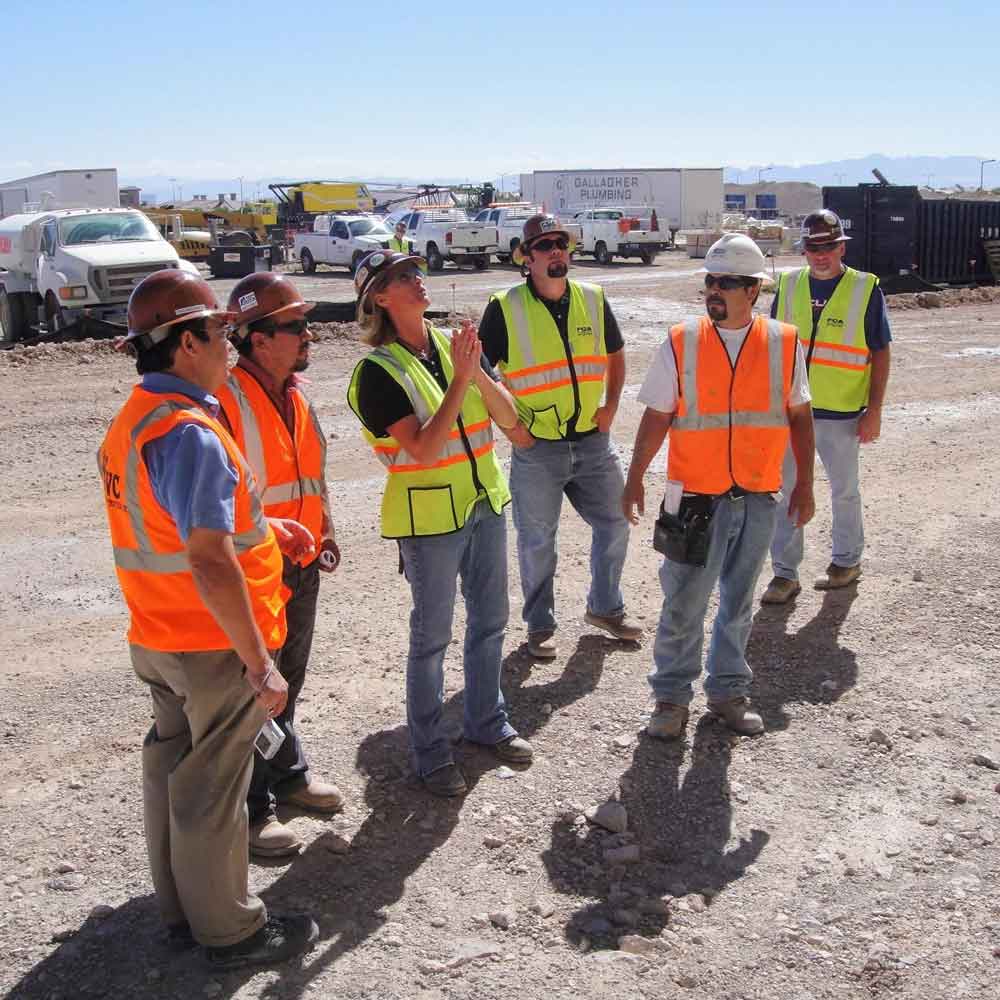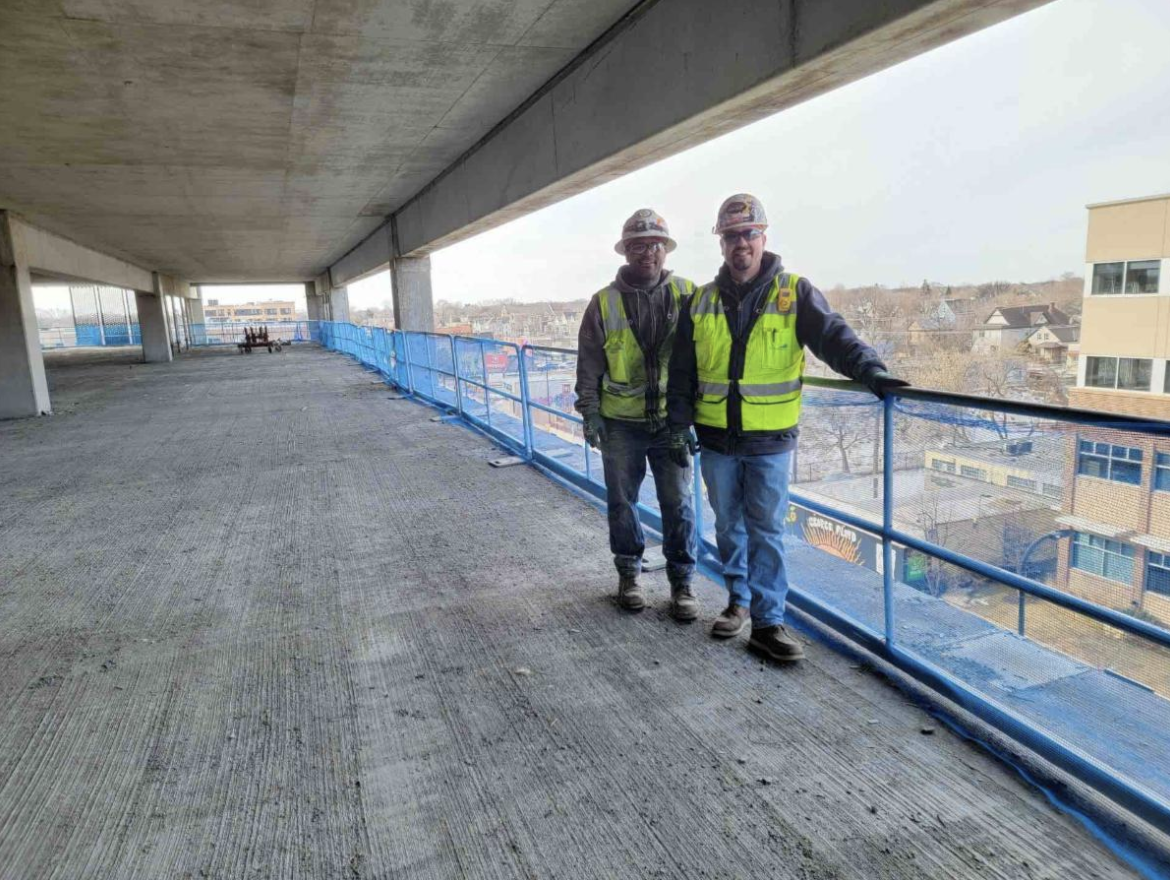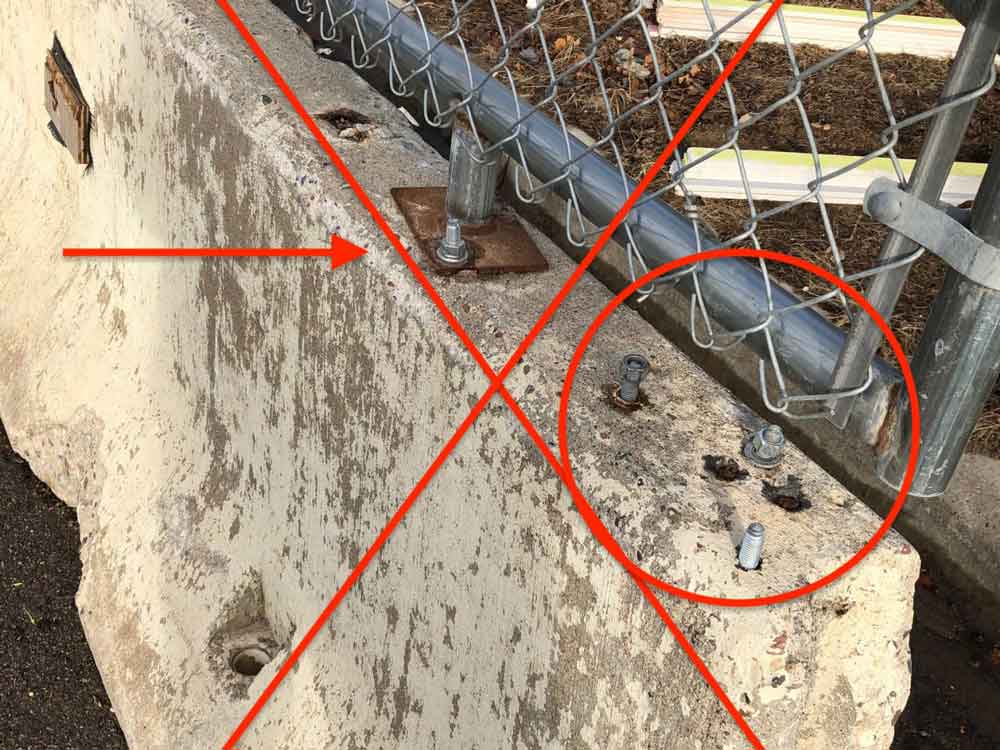Dan Hannan, CSP
Sorry to disappoint but OSHA does exist and it’s here to stay. But if OSHA was absent from our lives would we be better off? What would the workplace look like? Would pre-1970 “best-effort” safety practices be sufficient in today’s workplace? Without OSHA would employers sensibly self-impose enough safeguards to keep workers out of harm’s way?
Remember that the birth of OSHA was preceded by industry resistance and kicking and screaming and little demand for workplace safety initiatives. According to an OSHA history publication: “The Occupational Safety and Health Act (OSH Act) was preceded by vigorous debate that began during the Johnson Administration among government, business and organized labor over the extent to which federal authority would set and enforce workplace safety and health standards.” No doubt if workplace controls were to be implemented industry would want to have a say in how they are shaped.
If you look at pre and post-OSHA creation (1970) incident and fatality rates, you will see that they were already trending in the right direction. So if we were clearly already heading in the right direction why did we need OSHA? Following the Great Depression in 1929 the U.S. economy took-off in the late 30’s and so did the advent of unions, demanding not only fair wages but that a safe and healthful work environment is a right, not a privilege. Collective bargaining agreements held employers to agreed upon improved safety standards, however minimal.
A huge economic boom followed WWII accompanied by a greater awareness of the value of a healthy and able-bodied employee. The rate of safety improvements slowed during the 60’s but as the chemical revolution arrived it became apparent that something sweeping needed to be done to protect our land, water, air, and workers from all types of exposures. To ensure that employers strive to meet their compliance requirements OSHA can certainly wield their enforcement powers to force less than willing establishments. But OSHA does not create safe workplaces, employers do, and industry has come to recognize OSHA regulations as minimum expectations of safe working conditions. Many employers now choose to go above and beyond OSHA requirements and do so because they see a greater contribution to their bottom line, increased competitiveness in the market place, and improved sustainability.
How about disbanding OSHA as we currently know it…would safety deregulation be welcomed today? Consider life without required safety procedures, inspections, training, or PPE. Sure, safety comes at a cost but would the benefits of greater productivity, output, and profitability be a good thing for our economy and outweigh the human costs? Could we get by with just enough safety by voluntarily adopting safe work practices and standards on an as-needed basis?
OSHA does exist, is here to stay, and has its place in keeping employers honest and to a greater extent challenging us to be better than what they expect of us. Safety has evolved so much since OSHA was first introduced in 1970 and employers now understand that being safety-adverse carries unacceptable human and business risks.
Hilmerson Safety can help with all of your OSHA compliance questions. Contact Dan.Hannan@HilmersonServices.com for assistance with anything and everything safety!




